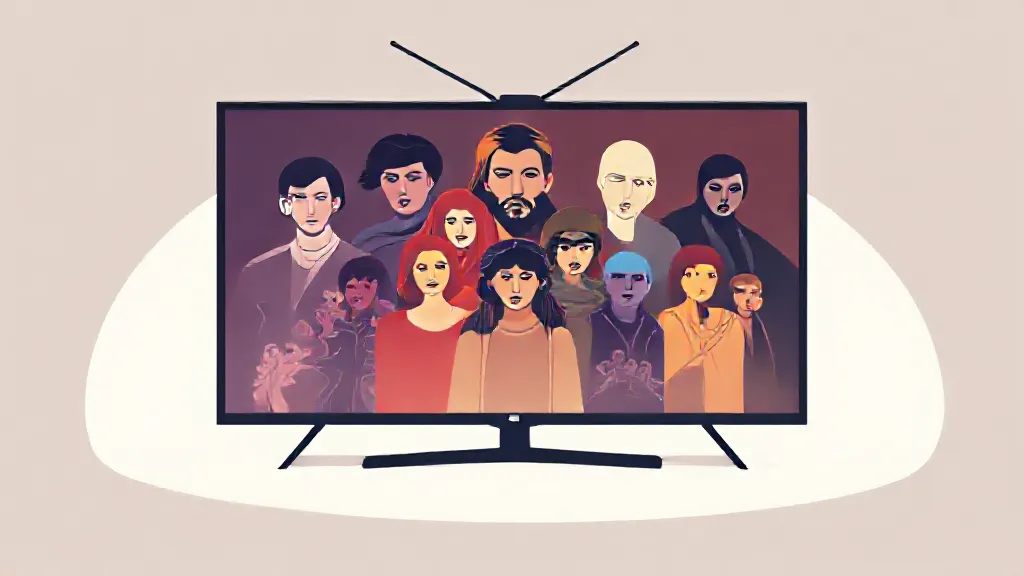In recent years, anthology series have made a significant comeback in the realm of television, captivating audiences with their unique storytelling formats. An anthology series is characterized by its episodic structure, where each episode or season features a different story, often with a new cast and setting. This format, which has roots dating back to radio dramas and early television, has evolved and adapted to contemporary tastes, making it a popular choice for both creators and viewers.
The Historical Context of Anthology Series
The concept of anthology storytelling is not new. In the early days of television, series like "The Twilight Zone" and "Alfred Hitchcock Presents" captivated audiences with their standalone episodes, each presenting a unique narrative. These shows allowed for a diverse range of genres and themes, from horror to science fiction, and provided a platform for innovative storytelling.
Despite their initial popularity, anthology series saw a decline in the late 20th century, overshadowed by serialized dramas that encouraged viewers to invest in long-term character arcs and complex plots.
The Rise of Streaming Platforms
The resurgence of anthology series can be attributed, in large part, to the rise of streaming platforms. Services like Netflix, Hulu, and Amazon Prime have embraced the anthology format, offering creators the freedom to experiment with storytelling without the constraints of traditional television networks.
This shift has allowed for a greater diversity of voices and narratives, appealing to a wider audience. Series like "Black Mirror," "The Haunting of Hill House," and "Fargo" have garnered critical acclaim and commercial success, showcasing the potential of anthology storytelling in the digital age.
Diverse Themes and Genres
One of the most compelling aspects of anthology series is their ability to explore a wide range of themes and genres.
Each episode can tackle different societal issues, delve into various emotional experiences, or present unique narrative styles. For instance, "American Horror Story" has successfully blended horror with social commentary, while "Love, Death & Robots" showcases animation in diverse storytelling forms. This flexibility allows anthology series to remain relevant and engaging, as they can quickly adapt to current events and cultural shifts.
Attracting Top Talent
The anthology format also attracts top-tier talent, both in front of and behind the camera. A-list actors are often drawn to the opportunity to take on diverse roles in standalone stories, allowing them to showcase their range and versatility. Additionally, acclaimed directors and writers are eager to contribute to anthology series, as they can explore new concepts without the long-term commitment required for traditional series.
This influx of talent has elevated the quality of anthology programming, making it more appealing to audiences.
Viewer Engagement and Accessibility
Anthology series offer a unique viewing experience that caters to modern audiences' preferences for accessibility and engagement. With the ability to watch episodes independently, viewers can jump into a series at any point without feeling lost in a complex narrative.
This accessibility is particularly appealing in a fast-paced world where time is often limited. Furthermore, the episodic nature of anthologies encourages binge-watching, as viewers are drawn to the idea of consuming multiple stories in one sitting.
Cultural Commentary and Reflection
Anthology series often serve as a mirror to society, reflecting contemporary issues and cultural shifts.
Shows like "The Handmaid's Tale" and "Black Mirror" tackle pressing themes such as technology's impact on society, gender politics, and dystopian futures. By presenting these narratives in an anthology format, creators can provoke thought and discussion among viewers, encouraging them to engage with the material on a deeper level. This cultural commentary is particularly resonant in today's rapidly changing world.
Future of Anthology Series
As the landscape of television continues to evolve, the future of anthology series appears bright. With advancements in technology and storytelling techniques, creators have more tools at their disposal to craft compelling narratives. The demand for diverse and innovative content is growing, and anthology series are well-positioned to meet this need.
As audiences become more adventurous in their viewing habits, the anthology format will likely continue to thrive, offering fresh perspectives and unique stories.
Conclusion: Embracing the Anthology Format
In conclusion, the resurgence of anthology series in modern entertainment can be attributed to a combination of historical significance, the rise of streaming platforms, the flexibility of themes and genres, the attraction of top talent, viewer engagement, cultural commentary, and the promising future ahead. As audiences embrace this format, anthology series are poised to remain a significant and dynamic part of the television landscape, providing a rich tapestry of stories that resonate with viewers on multiple levels.
